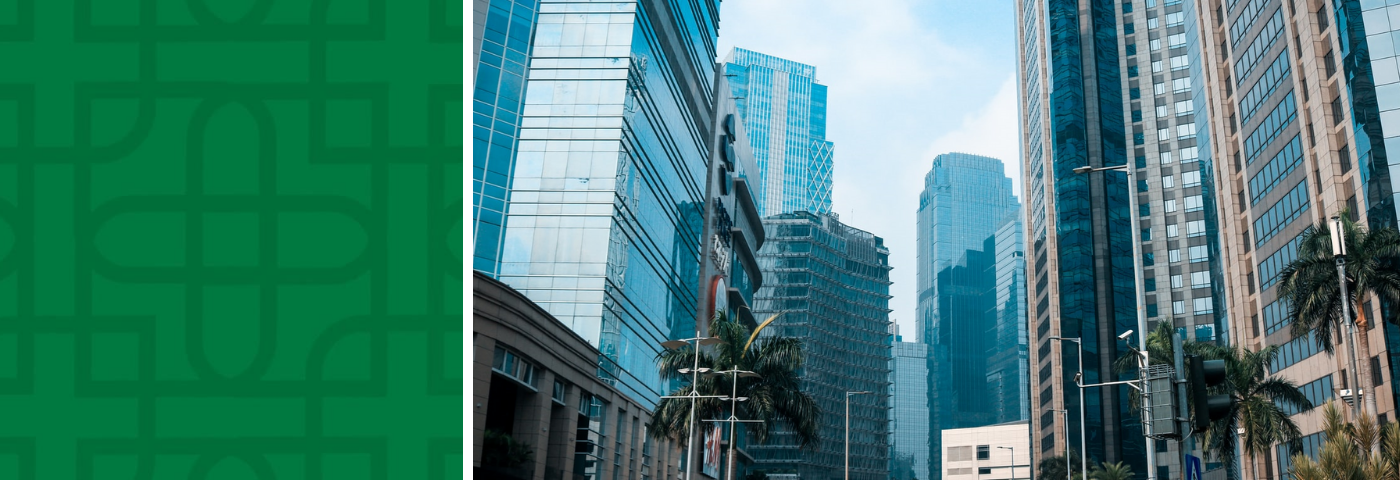Muslim Population in Indonesia
Indonesia is home to one of the largest Muslim populations in the world, with just over 225 million Muslim residents – that’s 87.2% of their total population that identifies as Muslim.
In recent years, Indonesia has seen a strong economic growth, whereby their middle class population has an increased purchasing power. As a result, in the country’s big cities, urbanisation is on the rise. This is playing a large influence on lifestyle – Muslims in Indonesia are living increasingly modern, urban lives, supplied with the latest technologies, trends and fashions.
New Indonesian halal laws
In October 2014, the Indonesian government issued a new law, called the Halal Product Assurance Law. With a majority Muslim population, the new law aims to protect its citizens by seeking assurance for halal products consumed by them. The law applies to all products that are imported to, distributed and traded in, Indonesia. Companies had until October 2019 to gain halal certification and comply, while some products and services will have until 2022.
The halal law authorised the establishment of the Halal Products Certification Agency (BPJPH), a new government agency under the ministry of religious affairs charged with investigating products and issuing halal certificates. This will first apply to food and beverages, before 2022 when cosmetics, drugs and other consumer goods and services will need to comply.
Once a product has been investigated by the BPJPH, they will then present their results to the Food and Drug Research Institute of the Indonesian Ulema Council (MUI). MUI are responsible for making the final decision on if a product is halal before the certificate can be issued by BPJPH.
Foreign companies looking to export products to Indonesia that require halal certification must first gain halal certification through a body within their own country. MUI have a list of approved bodies and partners on their website for clarification on which agencies are considered to uphold their standards.
The impact of social media on halal cosmetics
The urbanised lifestyle adopted by Indonesian residents has been in part influenced by social media. Indonesia is one of the largest social media markets in the world, in fact, they are one of the top five leading countries based on Instagram audience size, with a user base of 64 million. Indonesians make up over 6% of Instagram’s overall monthly active users, with Indonesian Instagram influencers sharing twice as much compared to the global average.
The modern Muslim in Indonesia is deeply faithful but highly connected to social media, fashion and beauty. Muslim women in Indonesia take great pride in their sophisticated make-up looks and elegant hijabs, showing a deep observance of their faith. According to L’Oreal, women in Indonesia use two skincare products versus seven makeup products.
Wearing the hijab has also played an influence on make-up choices, for example bold brows, strong matte lips and a flawless complexion to highlight their features. The new Wardah line (an Indonesian-based halal makeup brand) called ‘InstaPerfect’ supports this and also indicates a favouring of strongly enhanced features and make-up perfection for selfies.
Beyond social sharing, Instagram has also become a huge platform for e-commerce in Indonesia. Beauty brands in Indonesia often use Instagram as their main platform for sales, with some of them operating solely on Instagram.
Local beauty and halal cosmetics
A key driver in the uptake of Halal Cosmetics is the demand for ‘local beauty brands,’ which is essentially the demand for consumers to experience unique, innovative products and brands from different parts of the world and different cultures.
Asian beauty and culture-inspired beauty is on the rise. We all remember the K Beauty trend, which became mainstream in Western countries when brands like Sephora started selling Korean skincare. Now, the Chinese beauty market is growing and is leading in mobile beauty technologies, such as AR apps for virtually trying on different makeup products. At the same time, the demand for Ayurvedic-inspired skincare is growing rapidly in India.
It naturally follows then that Indonesia’s booming halal beauty market will continue to steadily grow and spread overseas.

